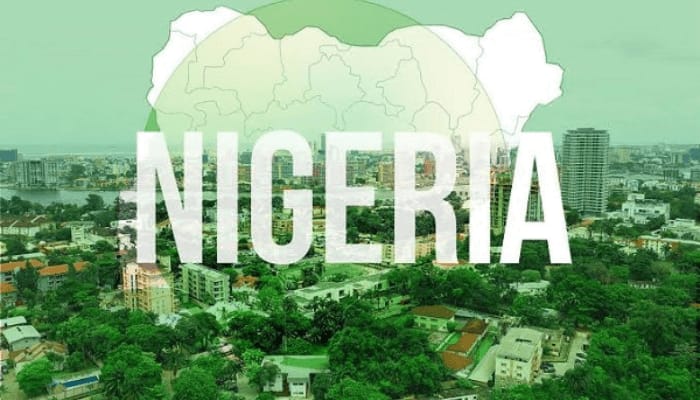Nigeria’s business environment is expected to remain one of the most difficult globally over the next five years, according to a new report by the Economist Intelligence Unit (EIU).
The report, released on Tuesday, places Nigeria 76th out of 82 economies assessed for the 2025-2029 period, citing persistent economic challenges despite ongoing reforms.
The EIU warns that these difficulties could have political ramifications, suggesting that President Bola Tinubu may struggle to retain power after the 2027 elections due to widespread public dissatisfaction.
The report highlights that while Nigeria’s growing population and economic reforms present long-term opportunities, the country faces immediate obstacles.
High inflation, a contracting US dollar market, and an overstretched fiscal position are expected to hinder growth in the early part of the forecast period.
“International oil prices will likely remain high enough to stave off a recession,” the EIU noted.
“However, Nigeria will not achieve the robust economic growth rates seen in the first decade of the 21st century.”
The EIU also observed that Nigeria’s prolonged low growth has made the administration more conscious of improving the business environment, although reforms may not meet expectations.
The EIU acknowledged President Tinubu’s “pro-business” administration since May 2023, lauding its commitment to implementing the National Development Plan (NDP) 2021–2025.
The NDP aims to achieve an average real GDP growth rate of 5%, create 21 million jobs, and lift 35 million Nigerians out of poverty.
Key reforms include unifying the country’s currency regime and eliminating fuel and electricity subsidies to attract investment and expand fiscal capacity for development projects.
However, the EIU warns that progress on these initiatives may be slow.
Despite Tinubu’s efforts, the EIU painted a grim picture of Nigeria’s institutional framework.
The report cited widespread corruption, judicial politicisation, instability, and infrastructural deficits as significant impediments to the business environment.
It also predicted an increase in bureaucracy, further complicating governance and economic recovery.
Looking ahead, the EIU predicts a tense political landscape as Nigeria approaches the 2027 general elections.
It anticipates early preparations by the opposition to build momentum while the ruling All Progressives Congress (APC) seeks to placate disenchanted northern allies.
“The political environment will be fraught during the 2027 elections,” the EIU said. “We expect President Tinubu to lose power due to public frustration over high inflation.”
Do you want to share a story with us? Do you want to advertise with us? Do you need publicity for a product, service, or event? Contact us on WhatsApp +2348183319097 Email: platformtimes@gmail.com
We are committed to impactful investigative journalism for human interest and social justice. Your donation will help us tell more stories. Kindly donate any amount HERE




